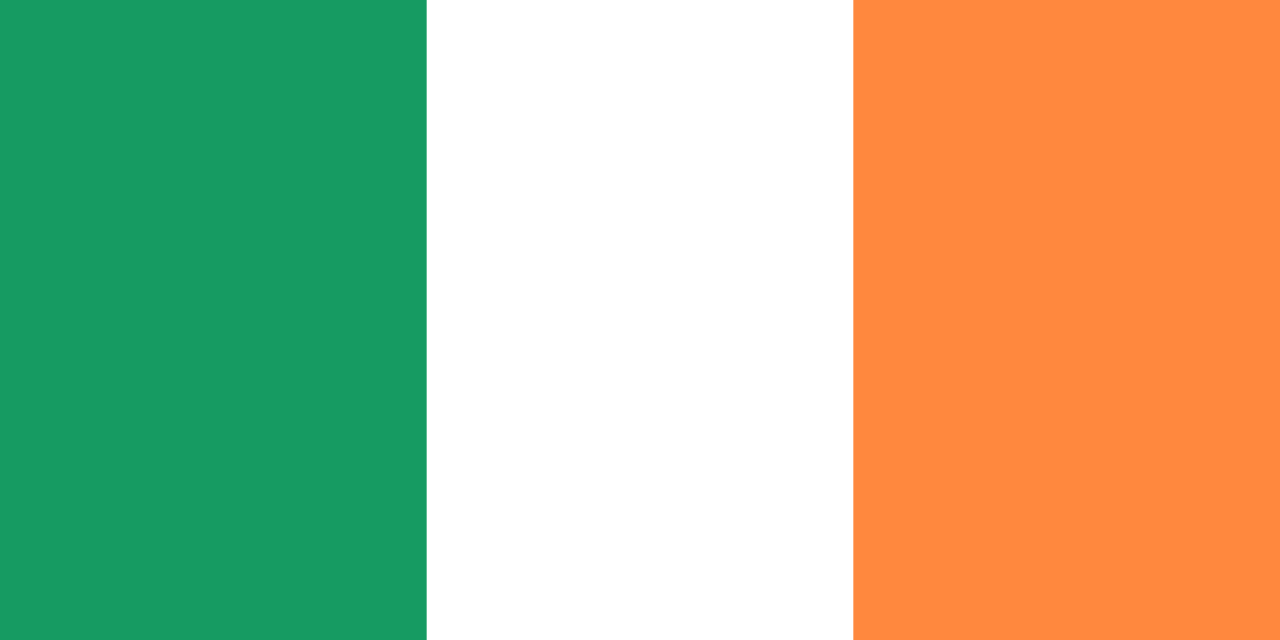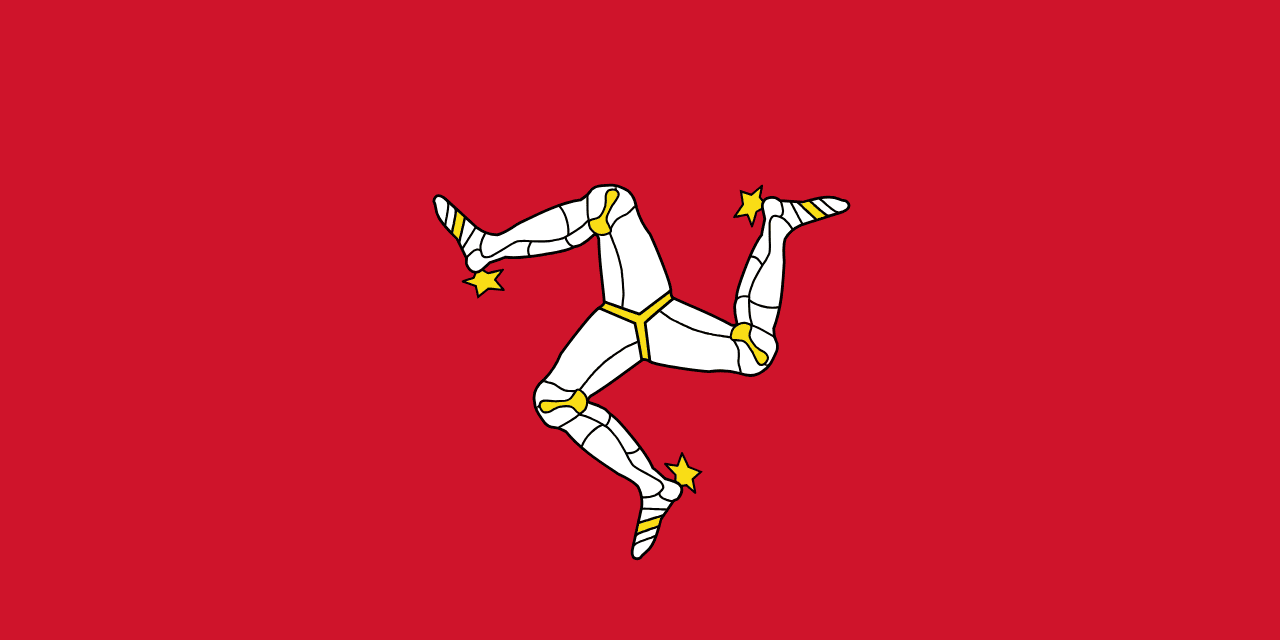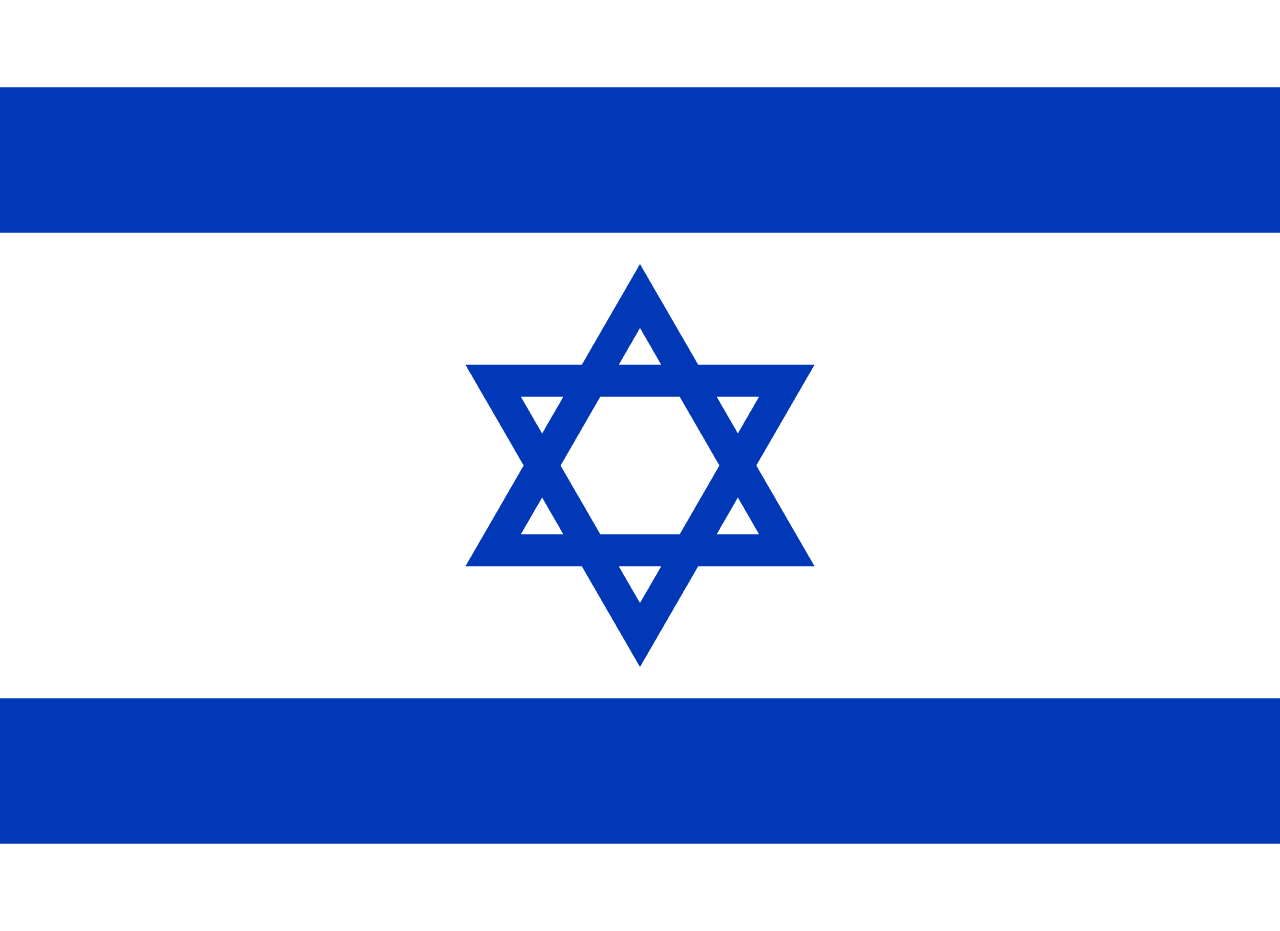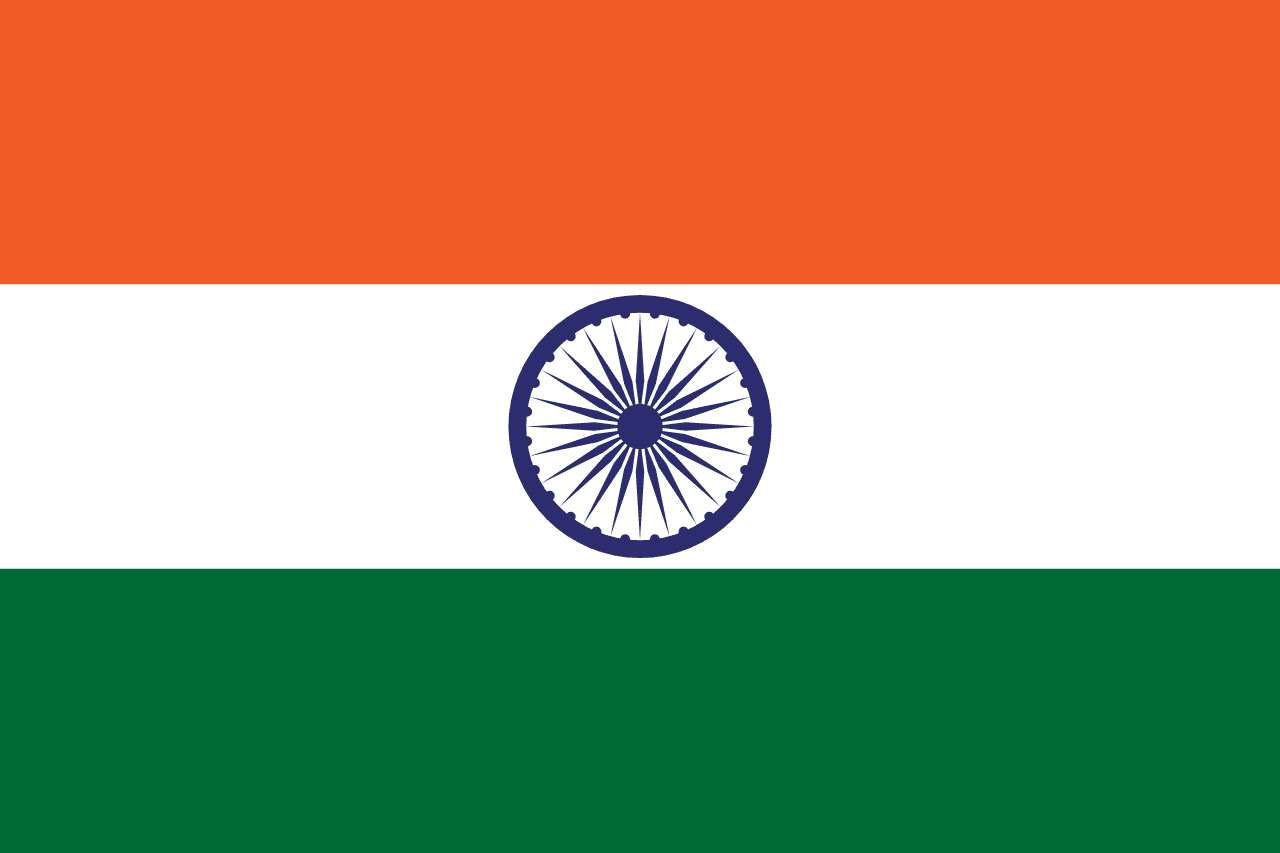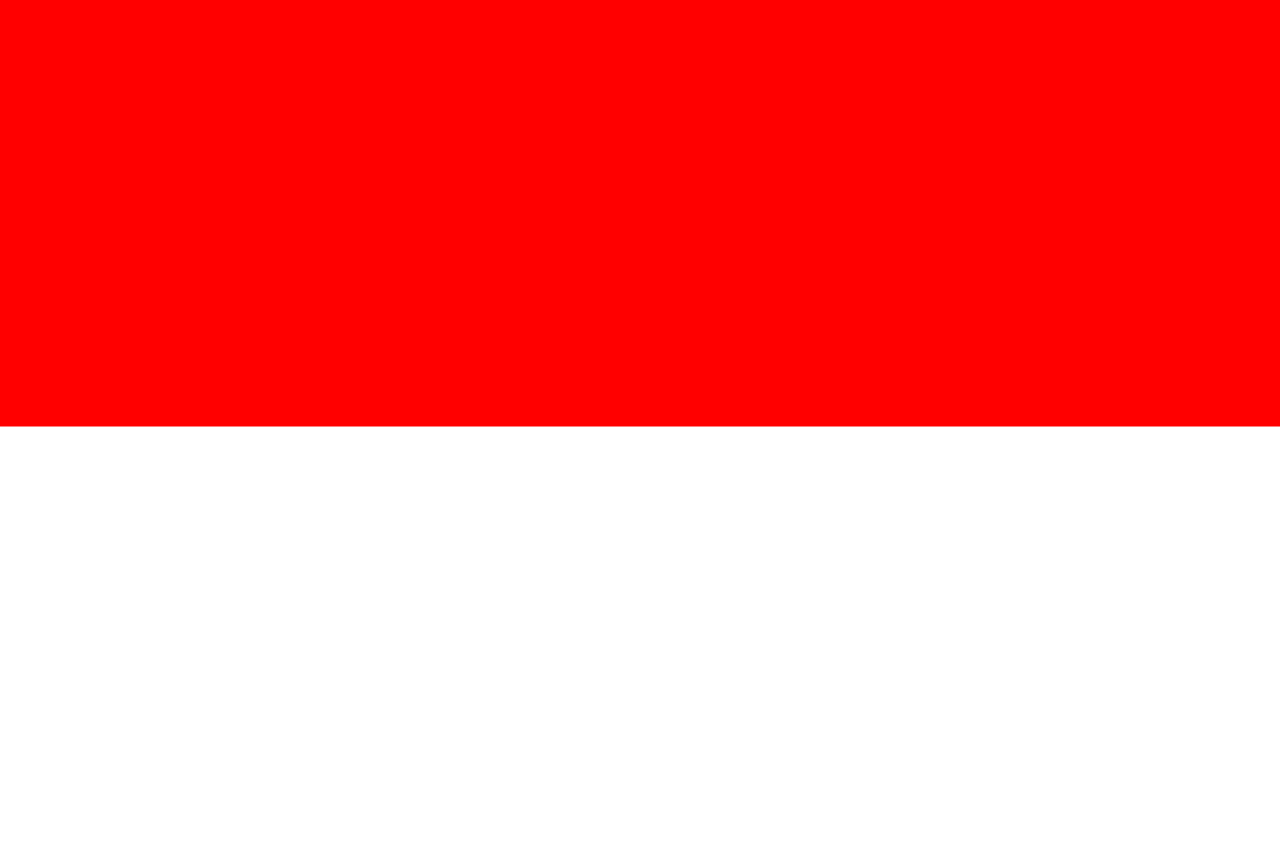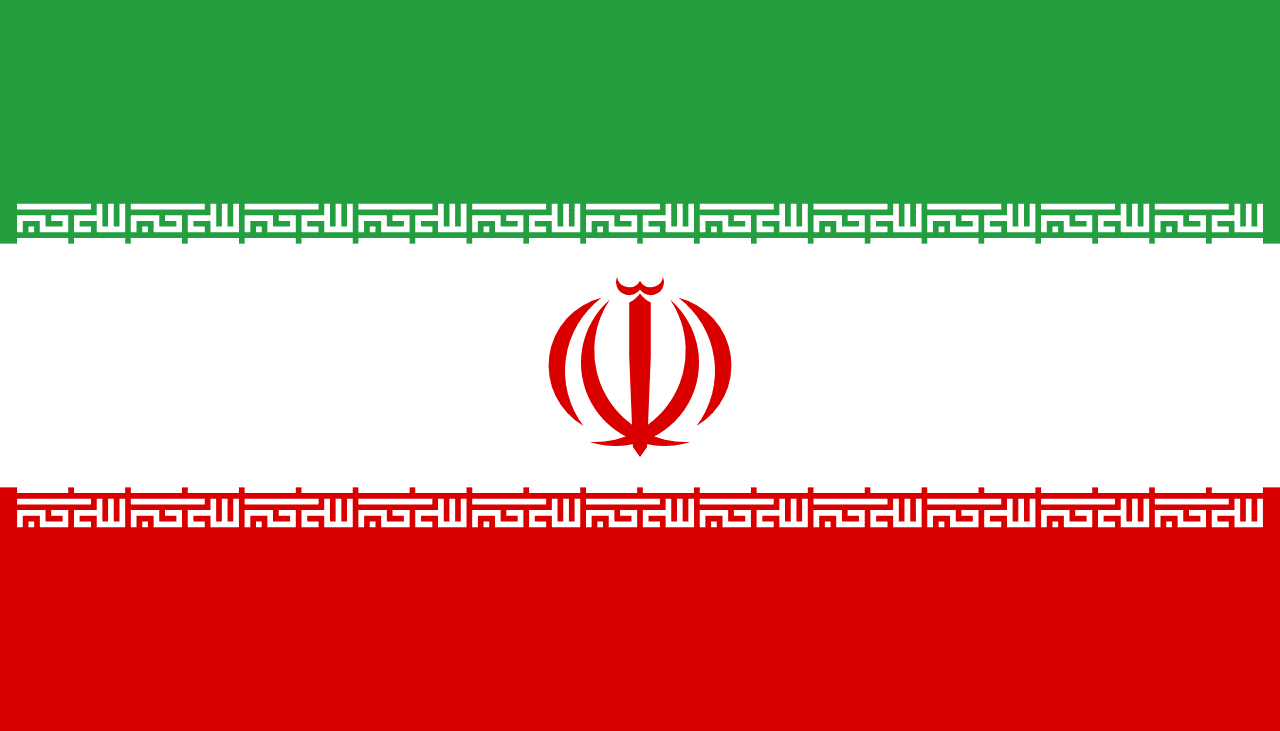The flag of Iraq consists of three equal horizontal stripes: red at the top, white in the middle, and black at the bottom. In the center of the white stripe, the phrase "Allahu Akbar" (God is the Greatest) is written in green Kufic script.
Iraq information
| National Flag Day | — |
| Sovereign state | Yes |
| Official name | Republic of Iraq |
| Capital | Baghdad |
| Population | 39,650,145 |
| Area | 438,317 km² |
| Currency | Iraqi dinar (IQD) |
| Language | Arabic, Kurdish |
| Continent | Asia |
| Region | Middle East |
| Subregion | Western Asia |
| Borders | Turkey, Iran, Kuwait, Saudi Arabia, Jordan, Syria |
| Timezone | Arabia Standard Time (AST) UTC+3 |
| Calling code | +964 |
| Top-level domain | .iq |
History of the Iraqi flag
 The current Iraqi flag was adopted on January 22, 2008, following a period of political transition after the fall of Saddam Hussein's regime in 2003. This design represents a compromise between various political and ethnic factions within Iraq, aiming to create a unifying national symbol. The flag has undergone several changes throughout Iraq's modern history, reflecting the country's complex political landscape and cultural diversity.
The current Iraqi flag was adopted on January 22, 2008, following a period of political transition after the fall of Saddam Hussein's regime in 2003. This design represents a compromise between various political and ethnic factions within Iraq, aiming to create a unifying national symbol. The flag has undergone several changes throughout Iraq's modern history, reflecting the country's complex political landscape and cultural diversity.
Symbolism and design of the Iraqi flag
Each element of the Iraqi flag carries significant meaning. The red stripe symbolizes the struggle for freedom and the sacrifices made by the Iraqi people. The white stripe represents peace, prosperity, and a bright future. The black stripe signifies the dark past and the triumphs over oppression. The green Kufic script of "Allahu Akbar" in the center emphasizes Iraq's Islamic heritage and cultural identity. The use of Kufic script, which originated in the city of Kufa in Iraq, also highlights the country's historical contributions to Islamic calligraphy and art.
Usage and significance of the Iraqi flag
 The Iraqi flag serves as a powerful symbol of national unity, sovereignty, and shared identity. It is prominently displayed during official ceremonies, national holidays, and at government buildings. The flag plays a crucial role in fostering a sense of national pride and reconciliation among Iraq's diverse ethnic and religious communities, including Arabs, Kurds, Turkmen, and various religious groups.
The Iraqi flag serves as a powerful symbol of national unity, sovereignty, and shared identity. It is prominently displayed during official ceremonies, national holidays, and at government buildings. The flag plays a crucial role in fostering a sense of national pride and reconciliation among Iraq's diverse ethnic and religious communities, including Arabs, Kurds, Turkmen, and various religious groups.
Interesting facts about the Iraqi flag
- The colors of the Iraqi flag are known as the Pan-Arab colors, shared by many Arab nations and symbolizing Arab unity and independence.
- The current flag design removed the three green stars that were present in previous versions, which had represented the ideals of unity, freedom, and socialism of the Ba'ath Party.
- The phrase "Allahu Akbar" was added to the flag in 1991 by Saddam Hussein during the Gulf War, and was retained in the post-2003 designs as a unifying religious symbol.
- The Kufic script used for "Allahu Akbar" on the flag is believed to be based on Saddam Hussein's own handwriting, though this has been a subject of debate.
- Iraq's flag has changed at least six times in the modern era, reflecting the country's tumultuous political history and shifts in national identity.
